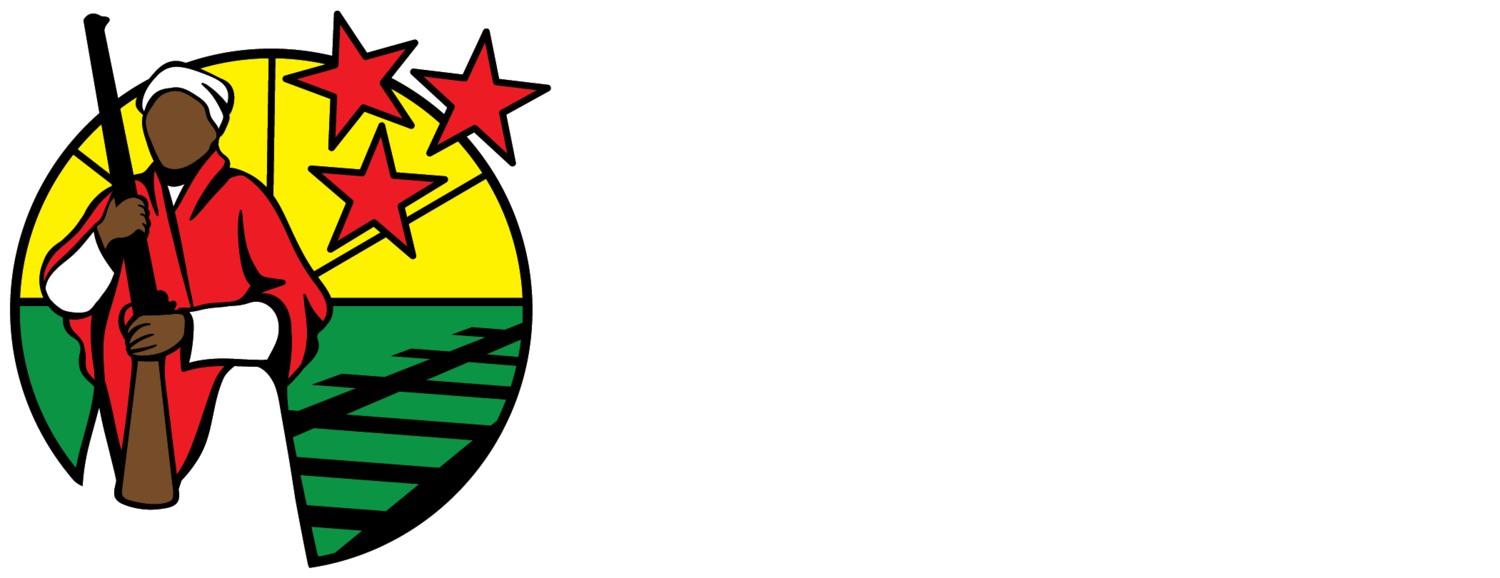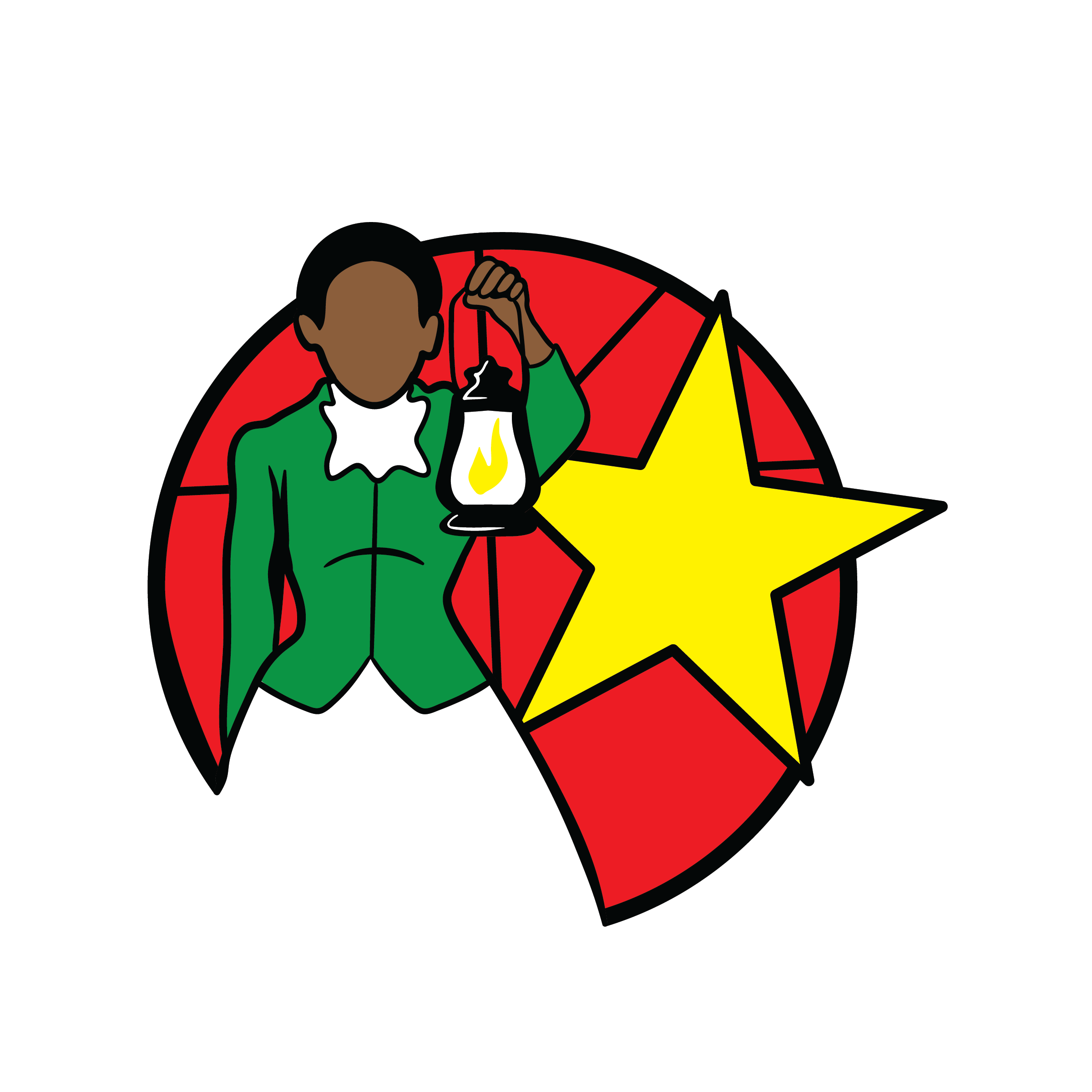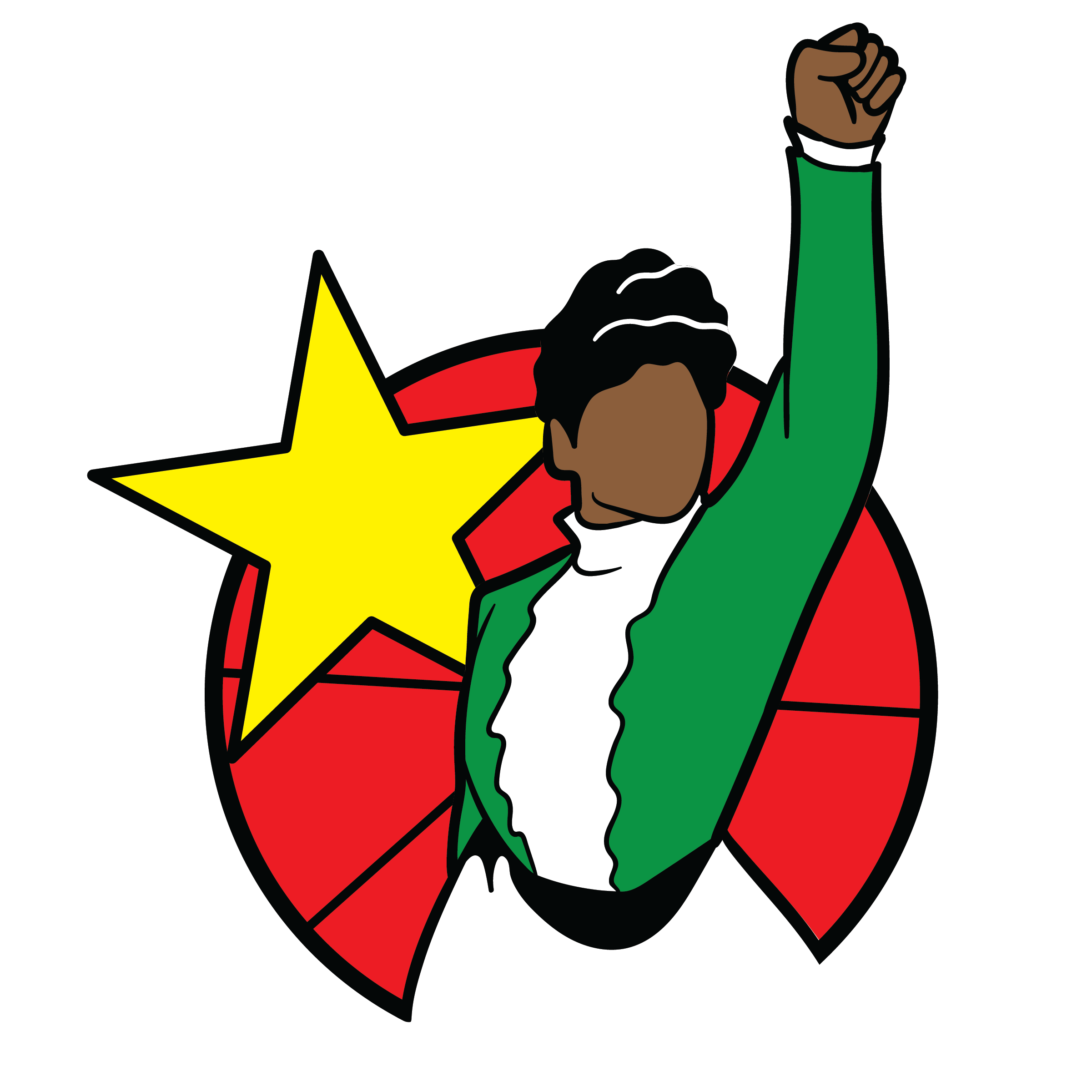Our Mission
Who Are We:
We are a Black-led community defense hub centering all Black lives most at risk for state-sanctioned violence in the Greater Washington area.
What we do:
Our work includes legal empowerment, political and civic education, mass protest, organizing campaigns, and community care that builds alternatives to oppressive systems.
Pillars
Why Abolition?
As prison abolitionists, we are fighting for a world where the response to social problems does not include prisons, policing, prosecution, or any form of surveillance, supervision, or incarceration. These systems of punishment rely on, reinforce, and perpetuate structures of oppression; white supremacy, patriarchy, capitalism, xenophobia, ableism, and heterosexism. We aim to undermine and abolish these systems, not reform them.
What We Believe
Black people taking action for their own liberation and justice is the goal.
White supremacy (in all forms) has colonized our behavior toward each other.
Freedoms of Black people in America cannot be won through the continued exploitation of Black people throughout the diaspora and specifically Black woman, gender expansive folx, LGBTQIA kin.
Black Queer Feminist lens that requires us to place the voices and political lives of Black femmes, queer, and LGBTQIA+ people at the center of our movement past and present.
Changing living conditions for Black people, shifts and changes the conditions for other communities.
We must constantly bring in, train, and support the development of new leaders.
Build transformational, not transactional, relationships. Community-based organizing and face-to-face conversations lead to change.
The concerns and needs of the communities we represent will always come first.
Community needs often require resources, care, and support rapidly in spite of the non-profit industrial complex.
We actively seek inclusion and provide necessary accommodations in order that together, we all get free.
Transparency in our work to ensure the community we advocate with can hold us accountable.
We are guided by our ancestors and center holistic healing and transformative justice.
Allyship and Solidarity
Adopting the action “operating in solidarity”, Mia Mckenzie beautifully illustrates how the idea of “being an ally” is inherently problematic. Rather, real solidarity is in the action, not a state of being. As such, here are multiple actions that can create real solidarity Adapted from an article, allies:
Listen, reflect and take ownership of privilege and educate yourself
Don’t need the spotlight, educate those with shared identities.
Ally is a verb.
You can’t identify as one hence it is an action
Does not take up space, challenge all forms of oppression






